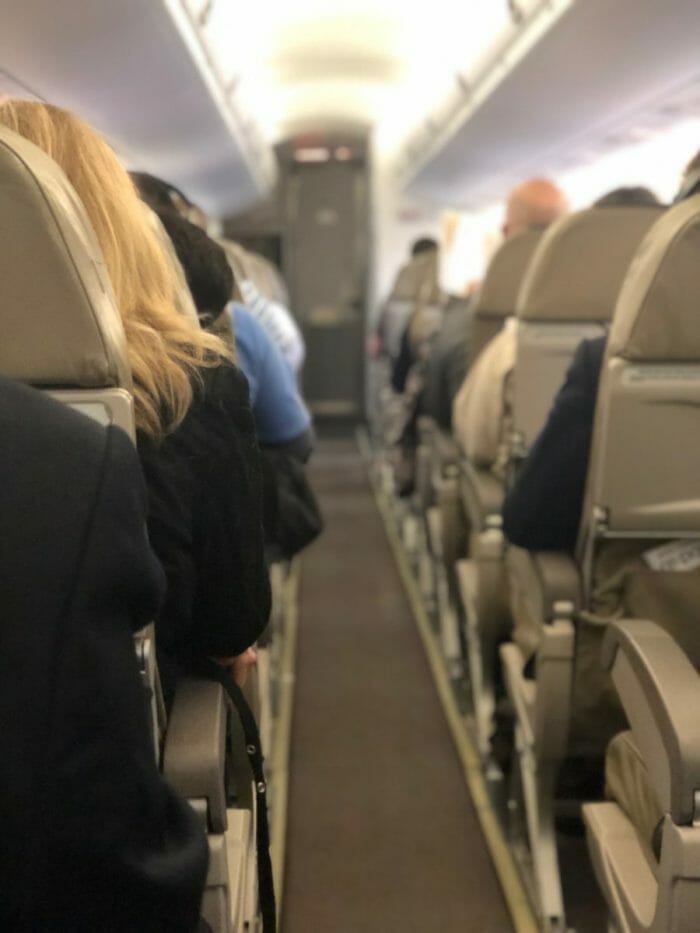Dr. Monali Desai is a practicing cardiologist in New York and founder of IfWeWereFamily.com where she writes about health and nutrition, offering science-backed advice for living a healthier life.
High blood pressure, also known as hypertension, does not always have noticeable symptoms. But when signs do show, they can include a variety of symptoms: severe headaches, fatigue or confusion, vision problems, chest pain, and difficulty breathing.
Traveling can be stressful. If you have high blood pressure, being stressed can raise your blood pressure even further.
Many things can happen during travel that can make your blood pressure high. Stress can come from being late, experiencing delays and setbacks, and worrying about having remembered everything.

Nine tips for traveling with high blood pressure
At the airport
1. Get to the airport early. Leave yourself plenty of time to check your bag, go through security, and get to your gate early. If you’re stressed out about missing your flight, this can raise your blood pressure.
On the plane
2. Avoid eating salty snacks and drinking alcohol. This can change the salt-to-water balance in your body and increase your blood pressure. Staying well hydrated with water is also essential for the same reason.
3. Keep extra blood pressure medication in your carry-on bag in case your flight or trip is delayed or your checked bag gets lost.
4. Stay mobile on the plane. Walk in the aisles, especially on long flights. This will help prevent blood clots.
While Traveling
5. Watch out for your body’s salt-to-water ratio getting out of balance and making your blood pressure high. This can happen by eating too many salty foods, being outside in the sun, and not drinking enough water.
6. Portable blood pressure machines are relatively small and inexpensive, so take one with you.
7. Make sure you have enough blood pressure medication to last for the duration of your trip. It’s also a good idea to take at least an extra week’s worth of medication in case your trip is delayed. If you’re in your home country and you do run out, ask your doctor’s office to call in replacement medication to a local pharmacy.
8. If you’re in a foreign country, it’s a good idea to take a copy of your prescription with you, in case your medication gets lost and you need to get some more from a local chemist or doctor.
Ask your hotel for a recommendation for a local doctor or chemist who can prescribe replacement medication until you get back home.
Be aware that different countries don’t necessarily carry the same tablets you’re taking at home. If your medication does get lost or you run out, missing it for a few days can be dangerous to your health as it increases your risk of heart attack and stroke.
Insurance
9. Buy travel insurance in case something happens while you’re on vacation and you need to go to the doctor. Always make sure you are properly insured before traveling. It’s important to let your insurer know if you have been diagnosed with high blood pressure too.
All forms of standard travel, including flying, are generally fine if you have high blood pressure and it’s well controlled. However, if your blood pressure is unstable or uncontrolled, then you should talk to your doctor before you make any travel plans.
